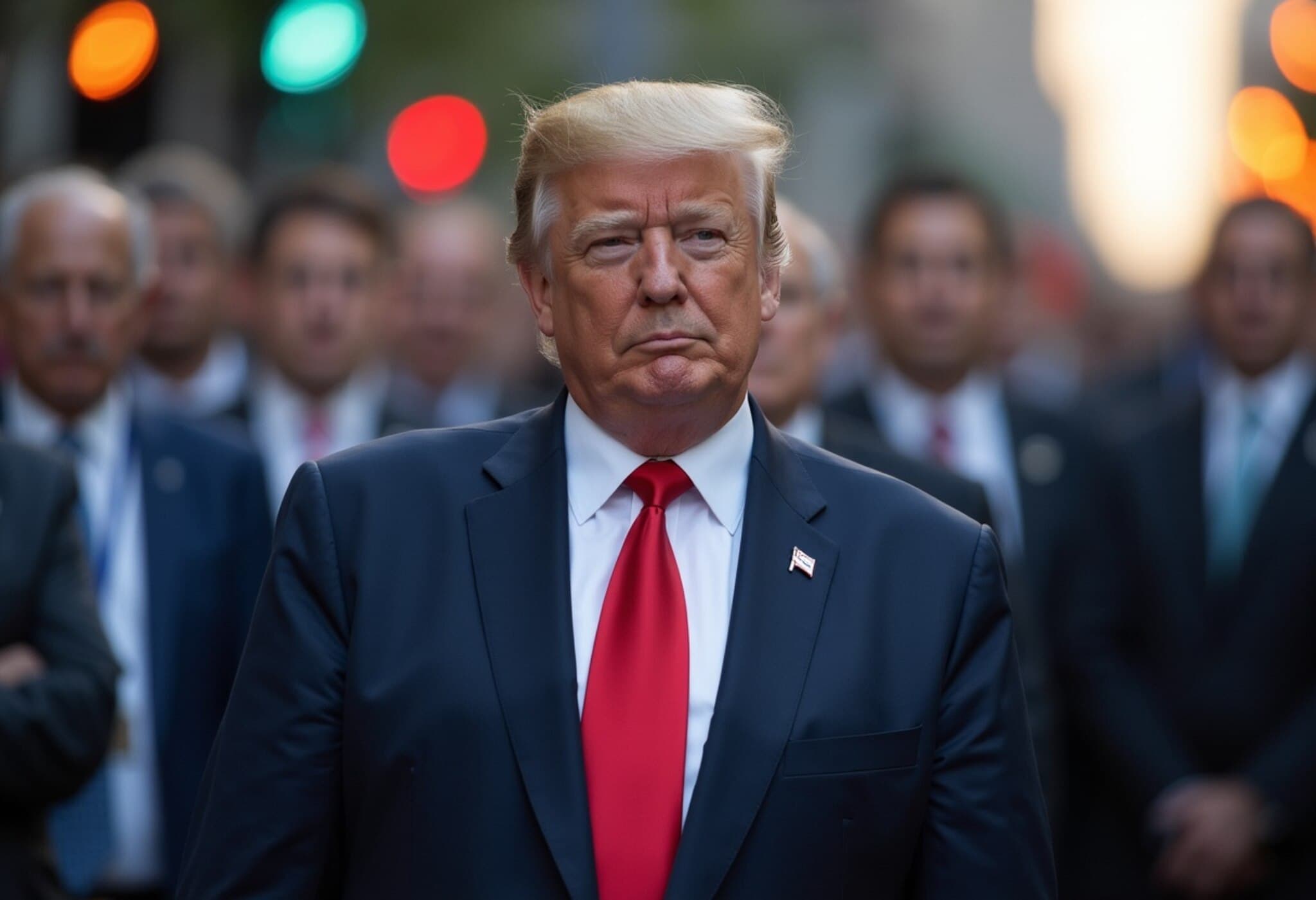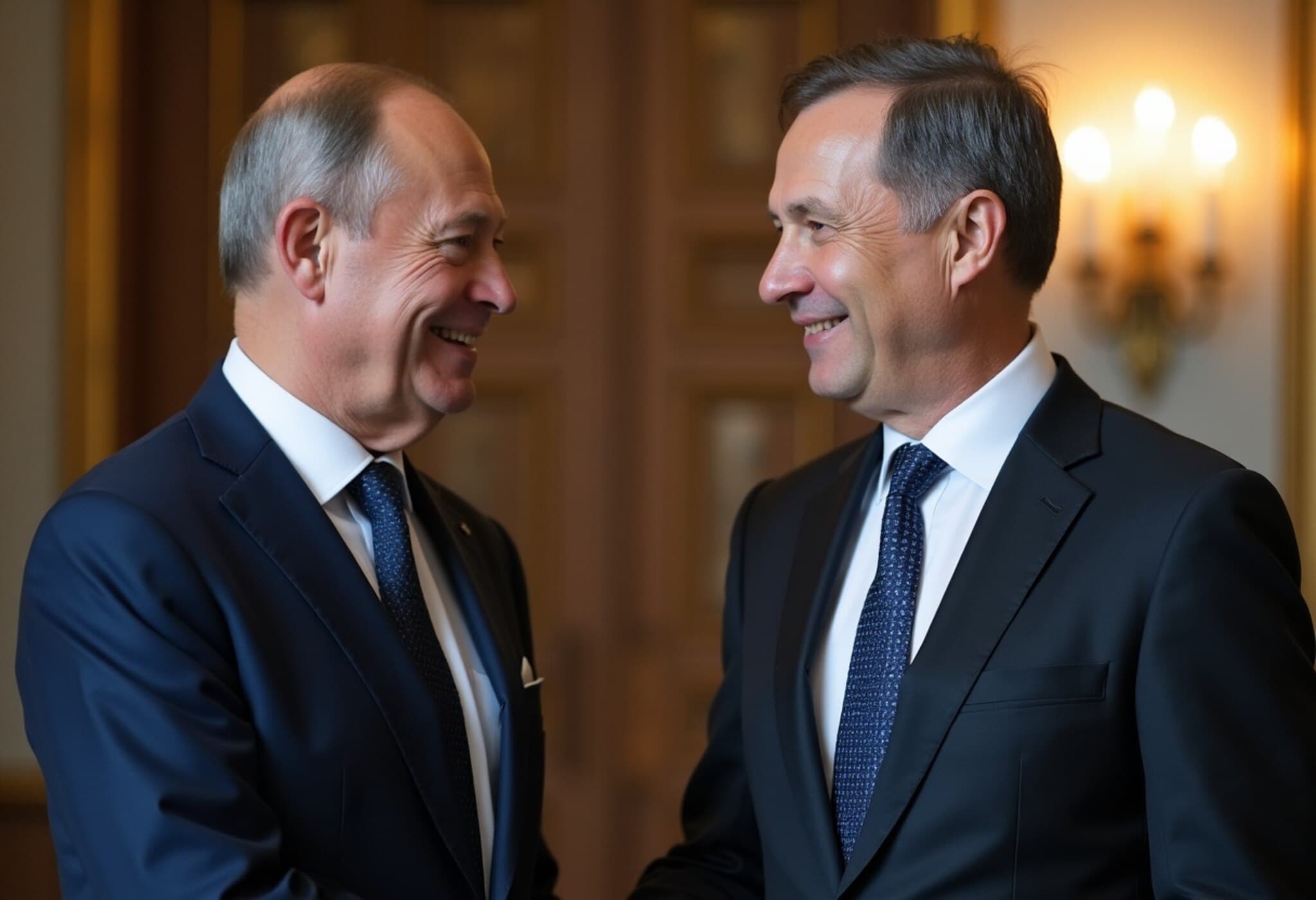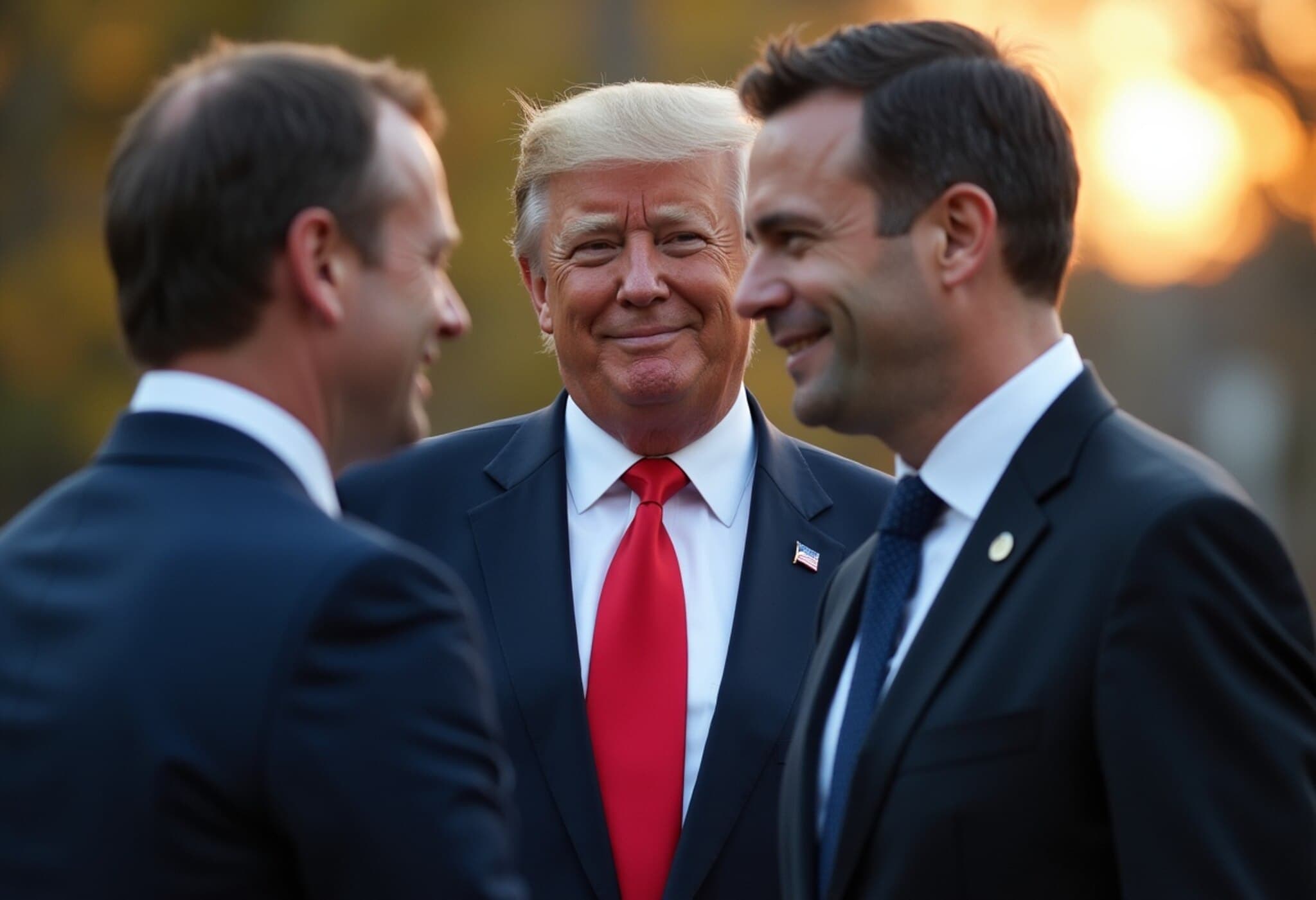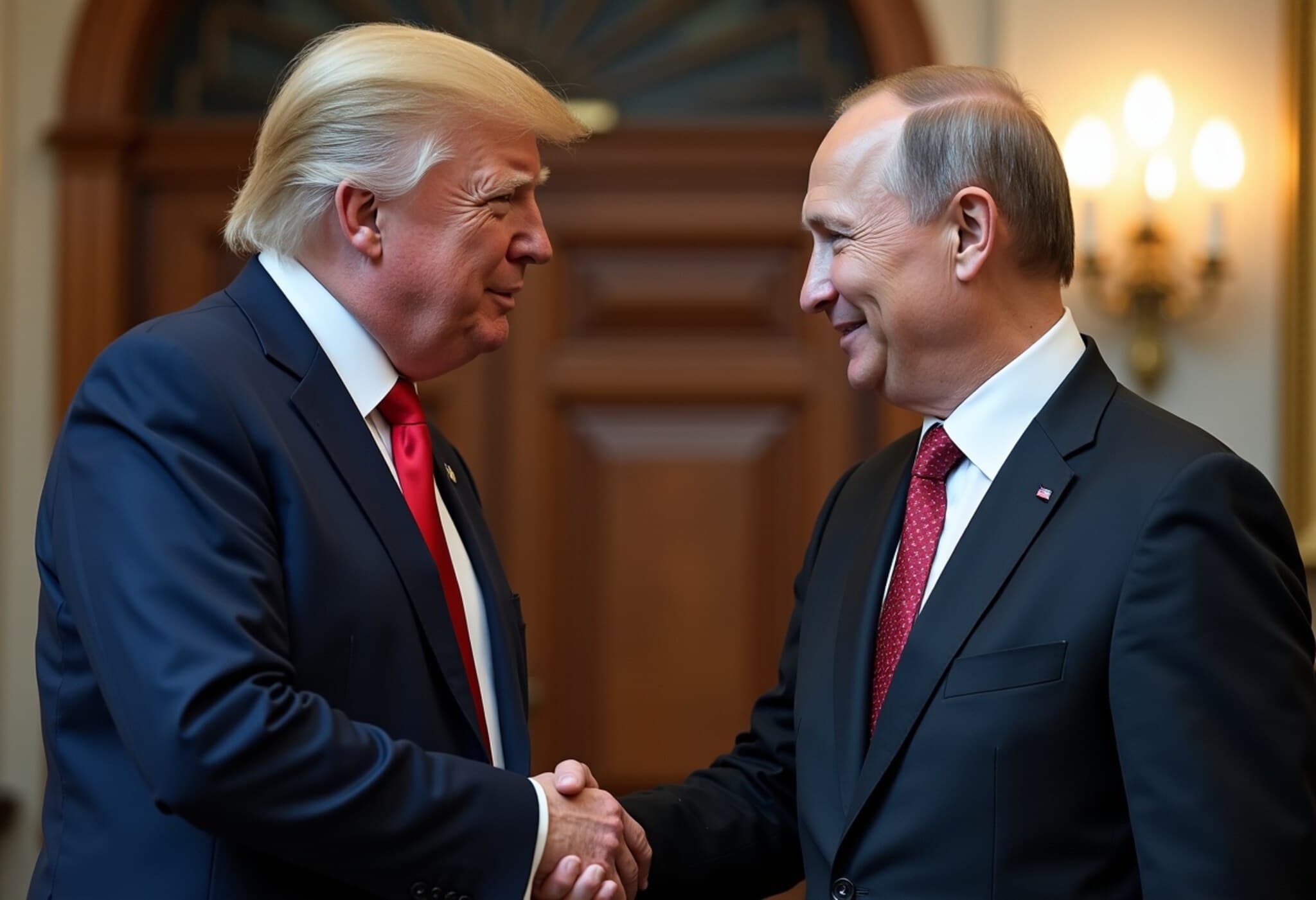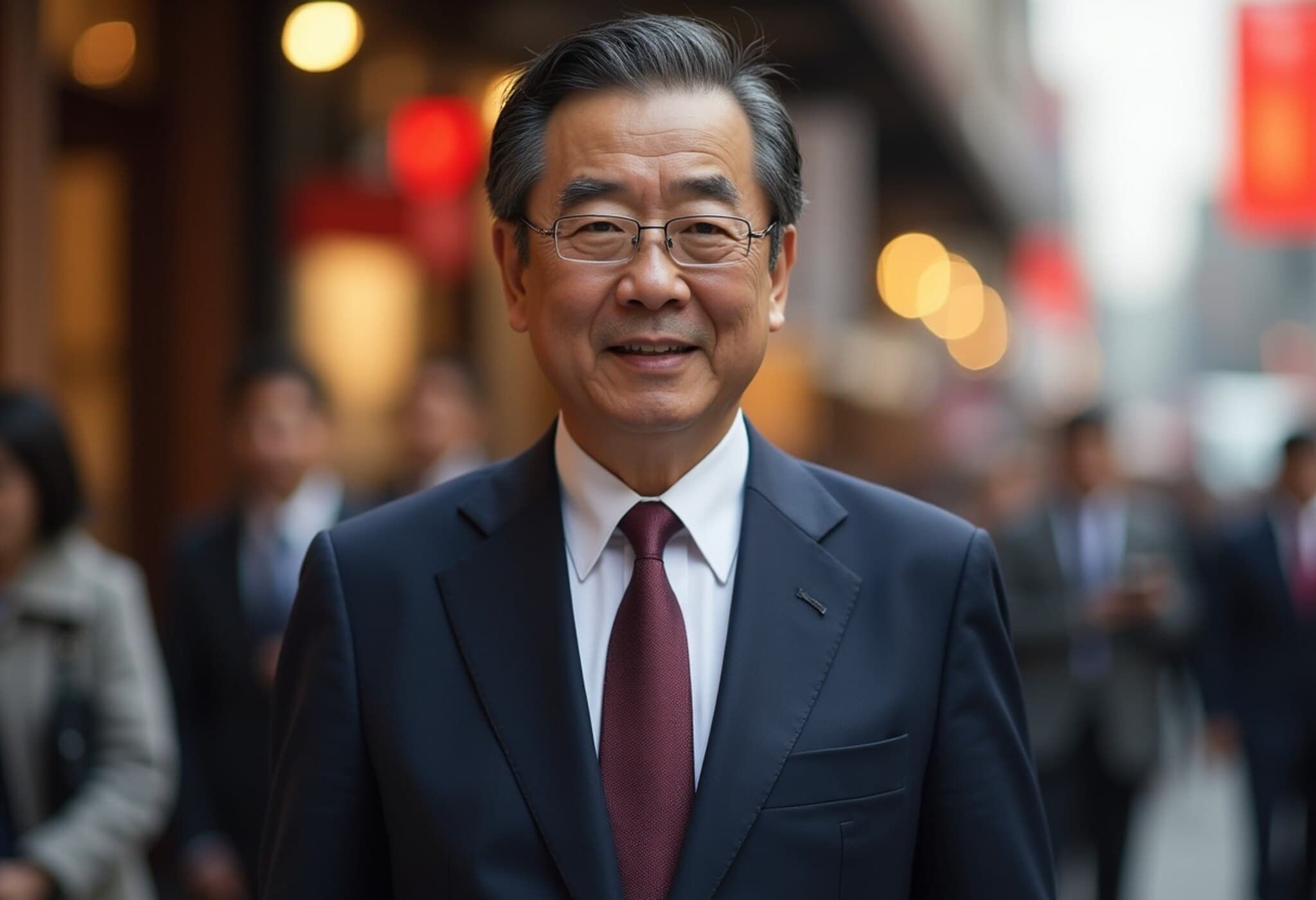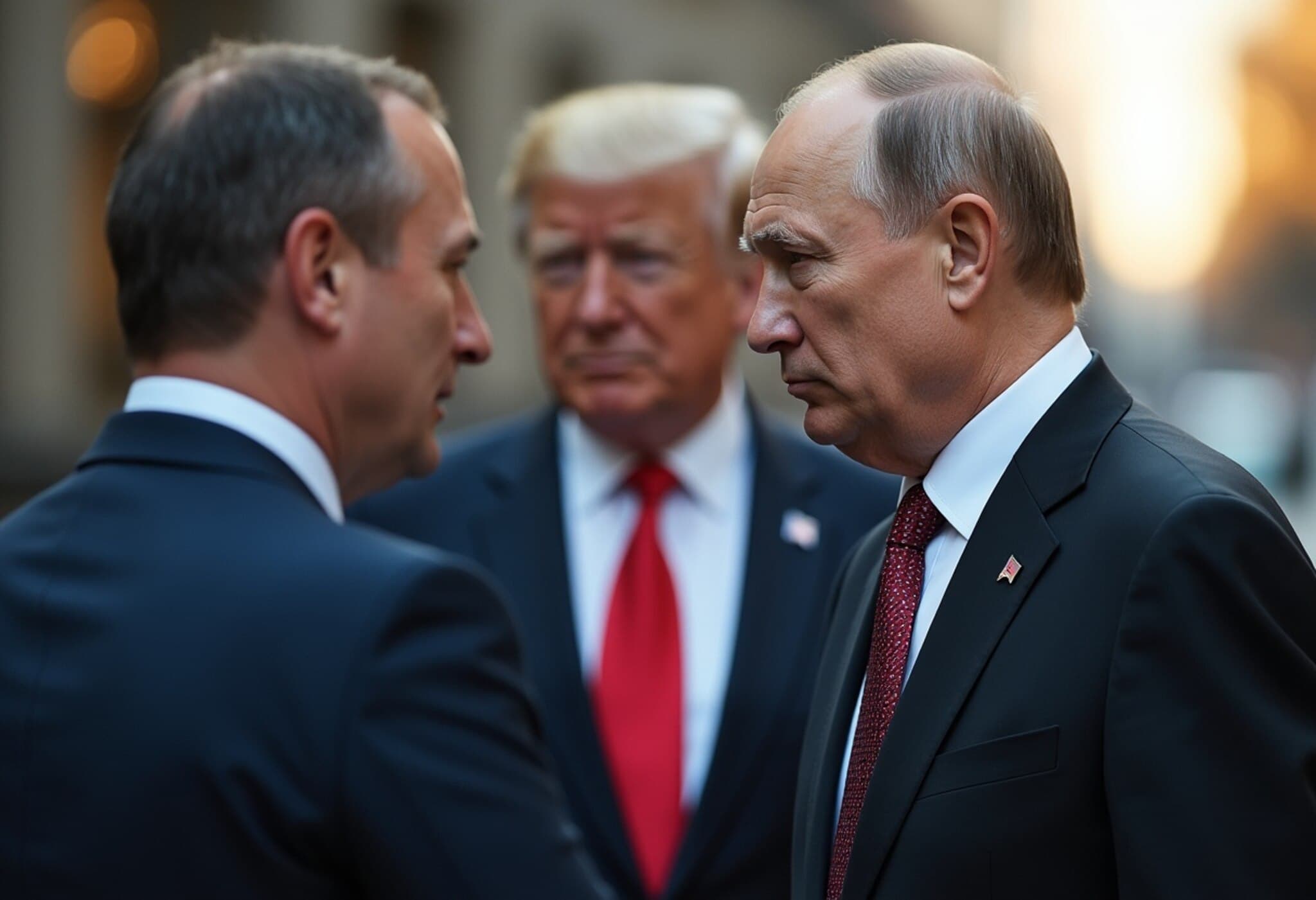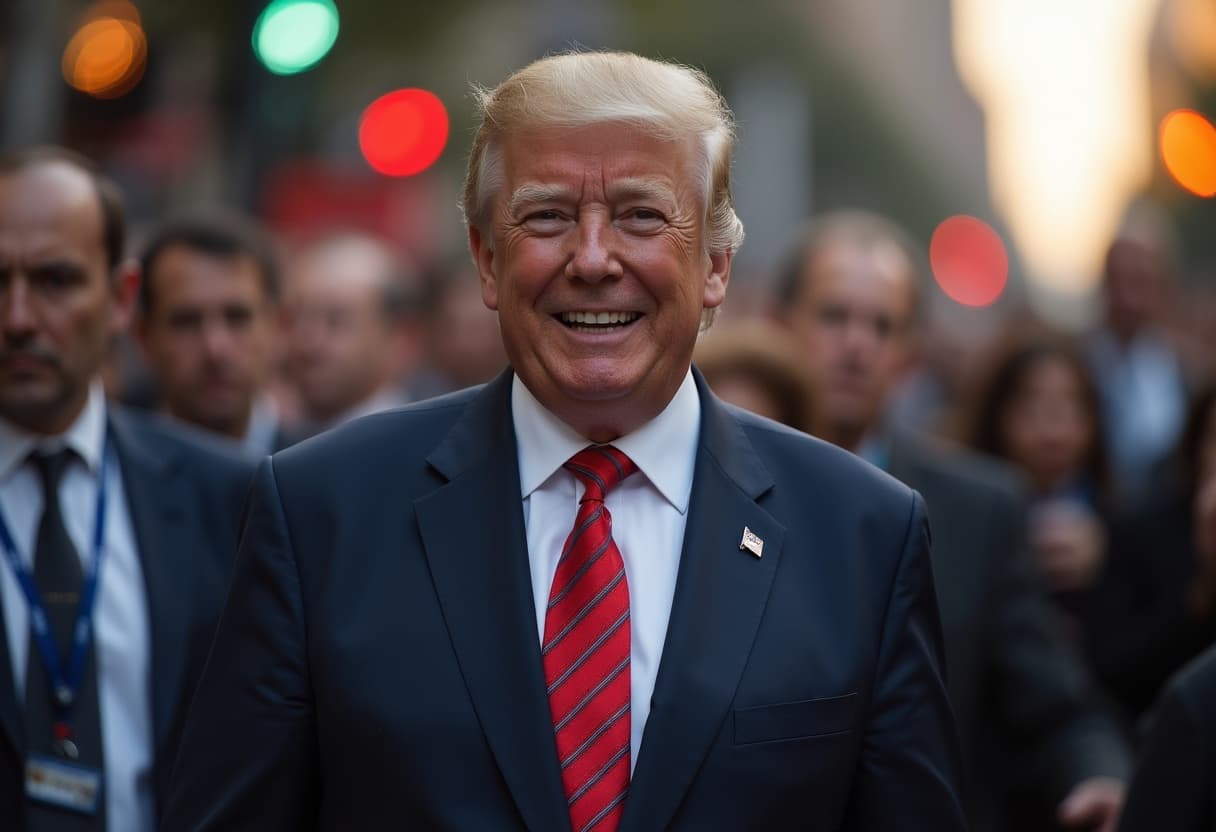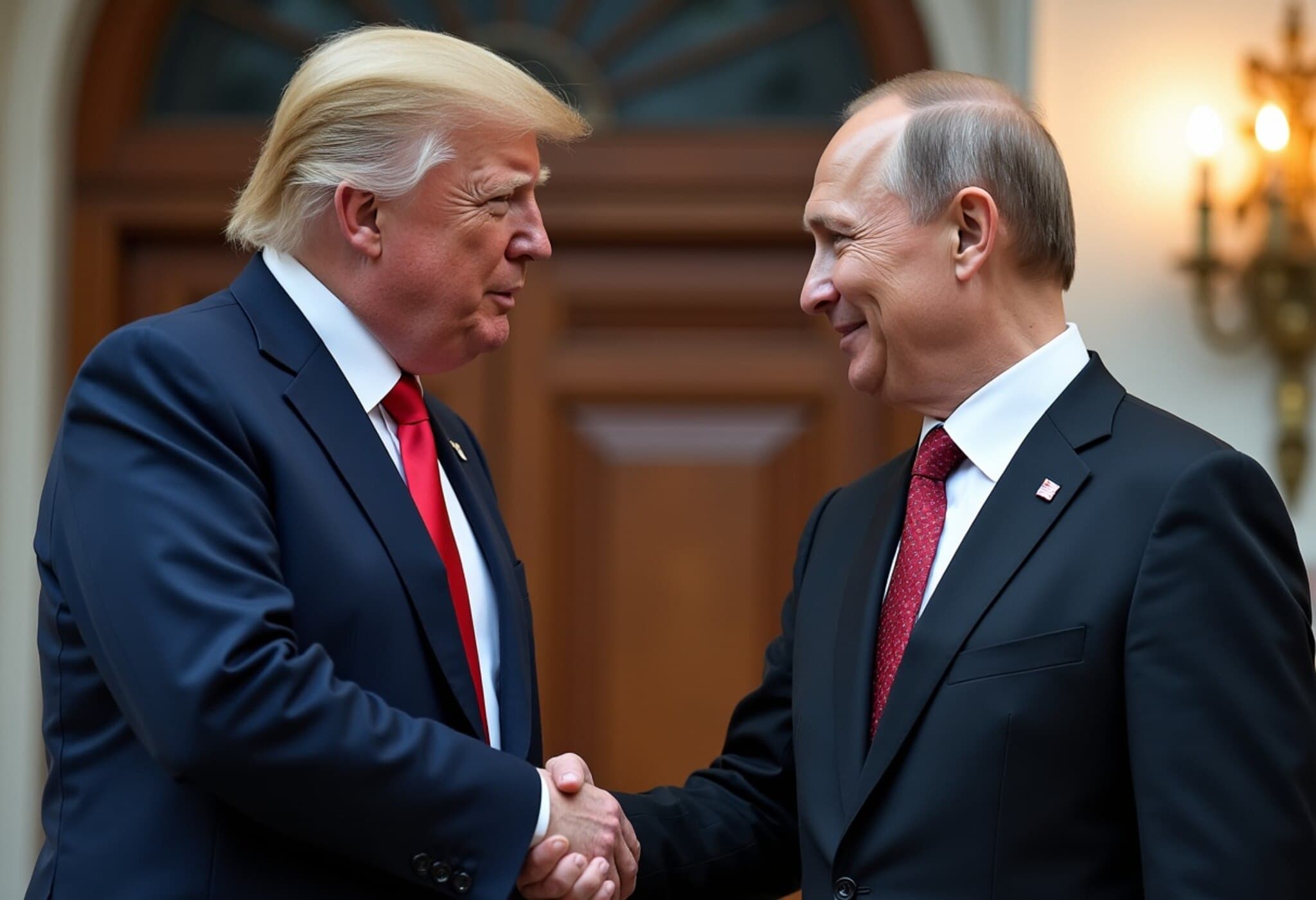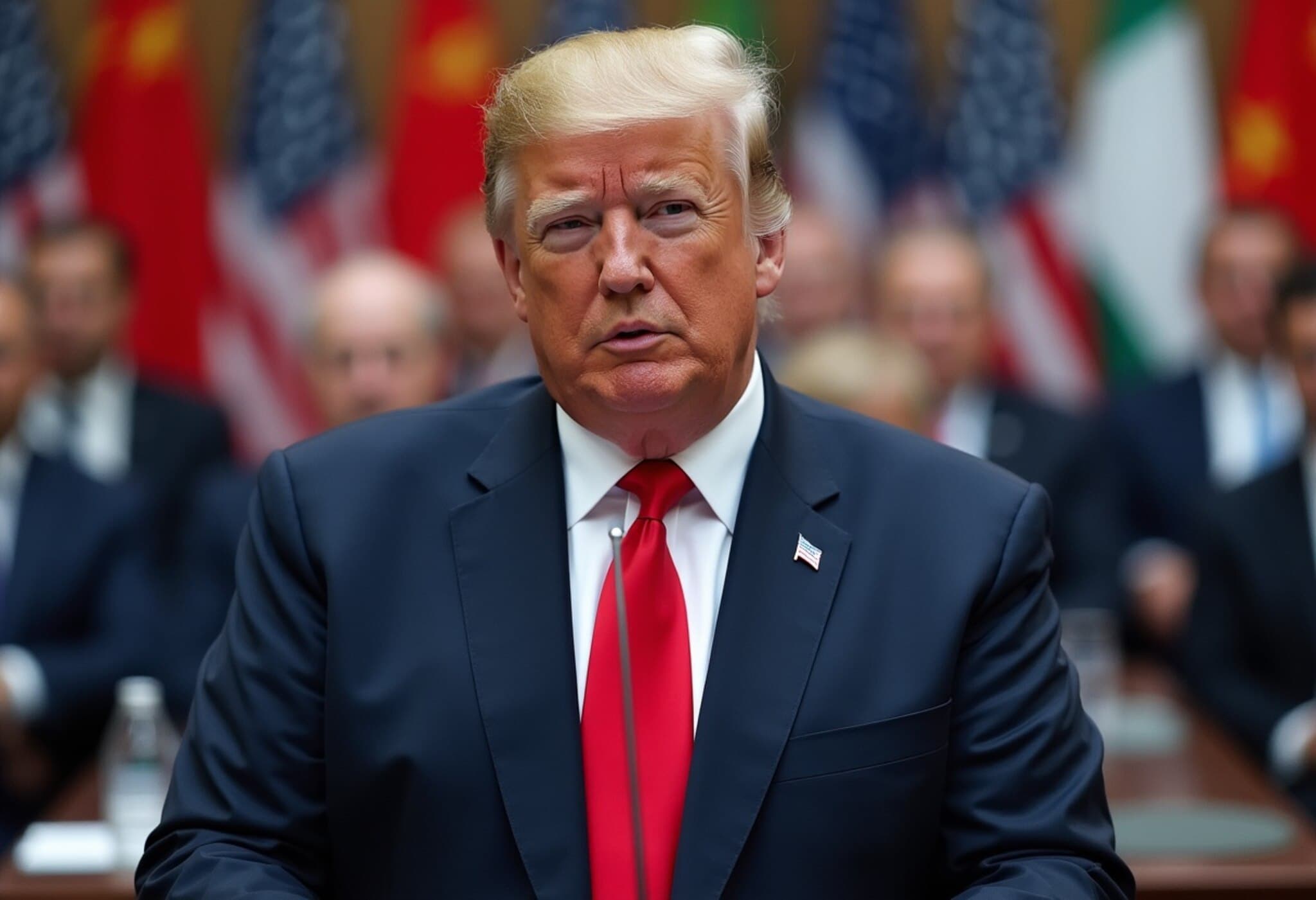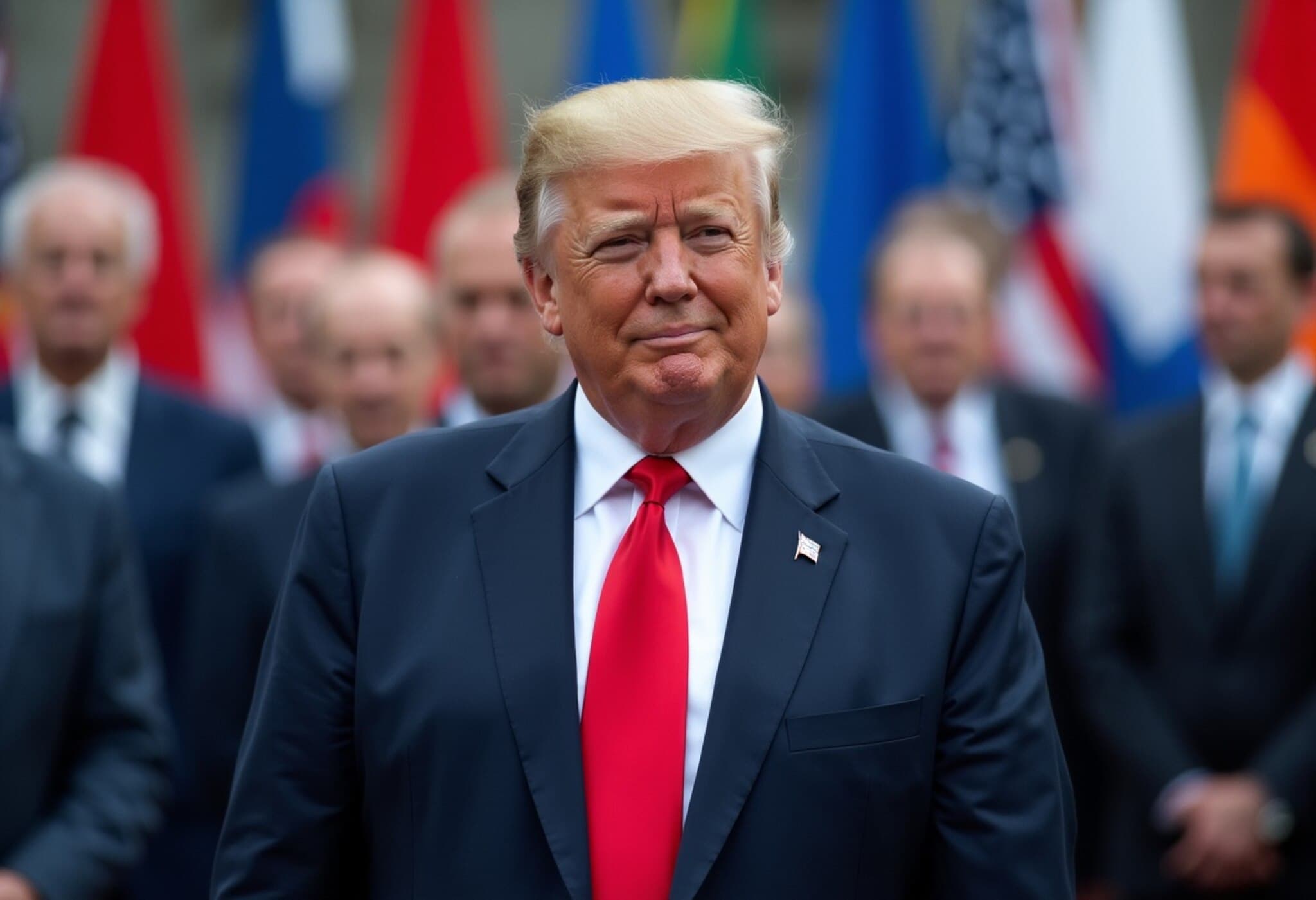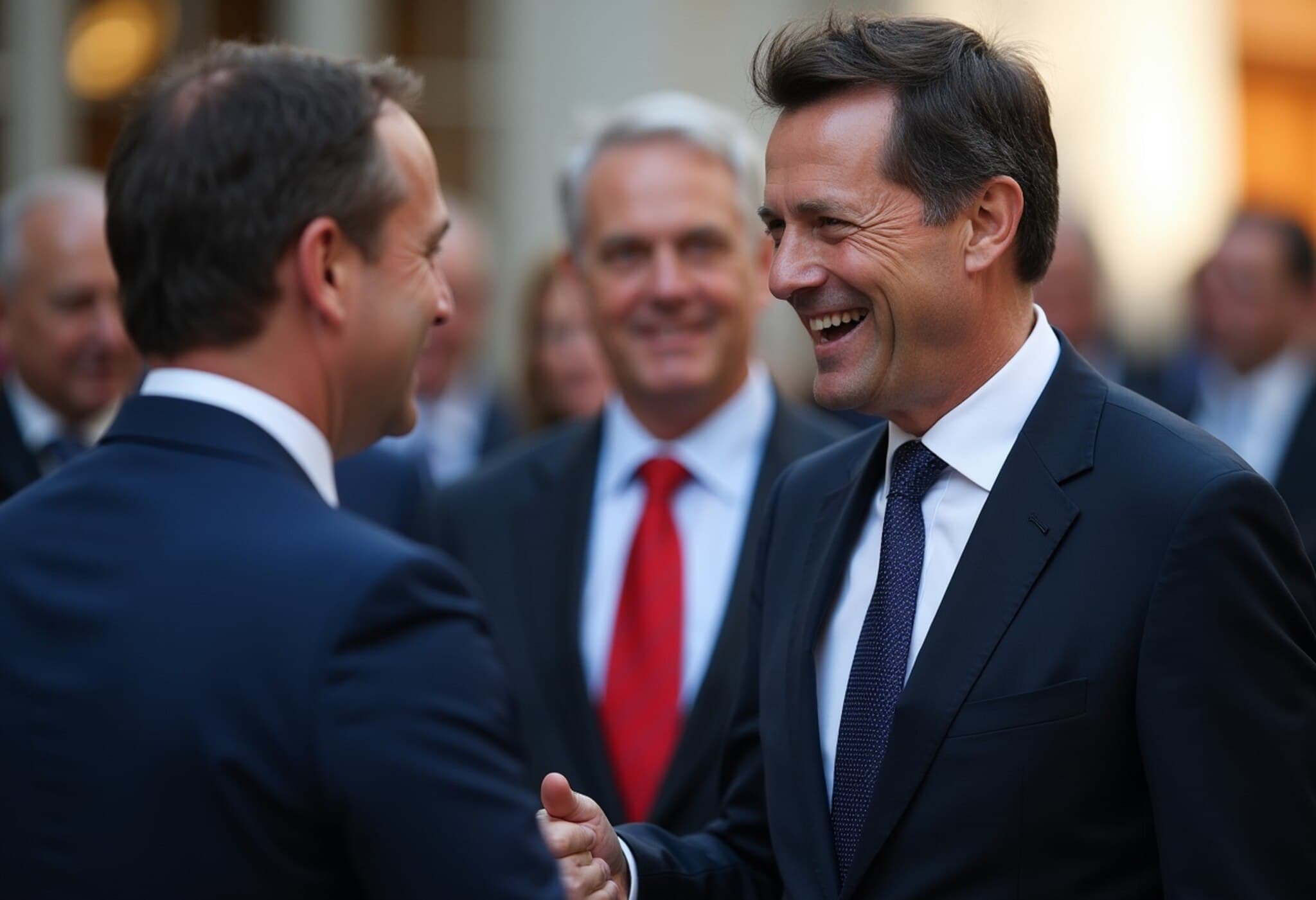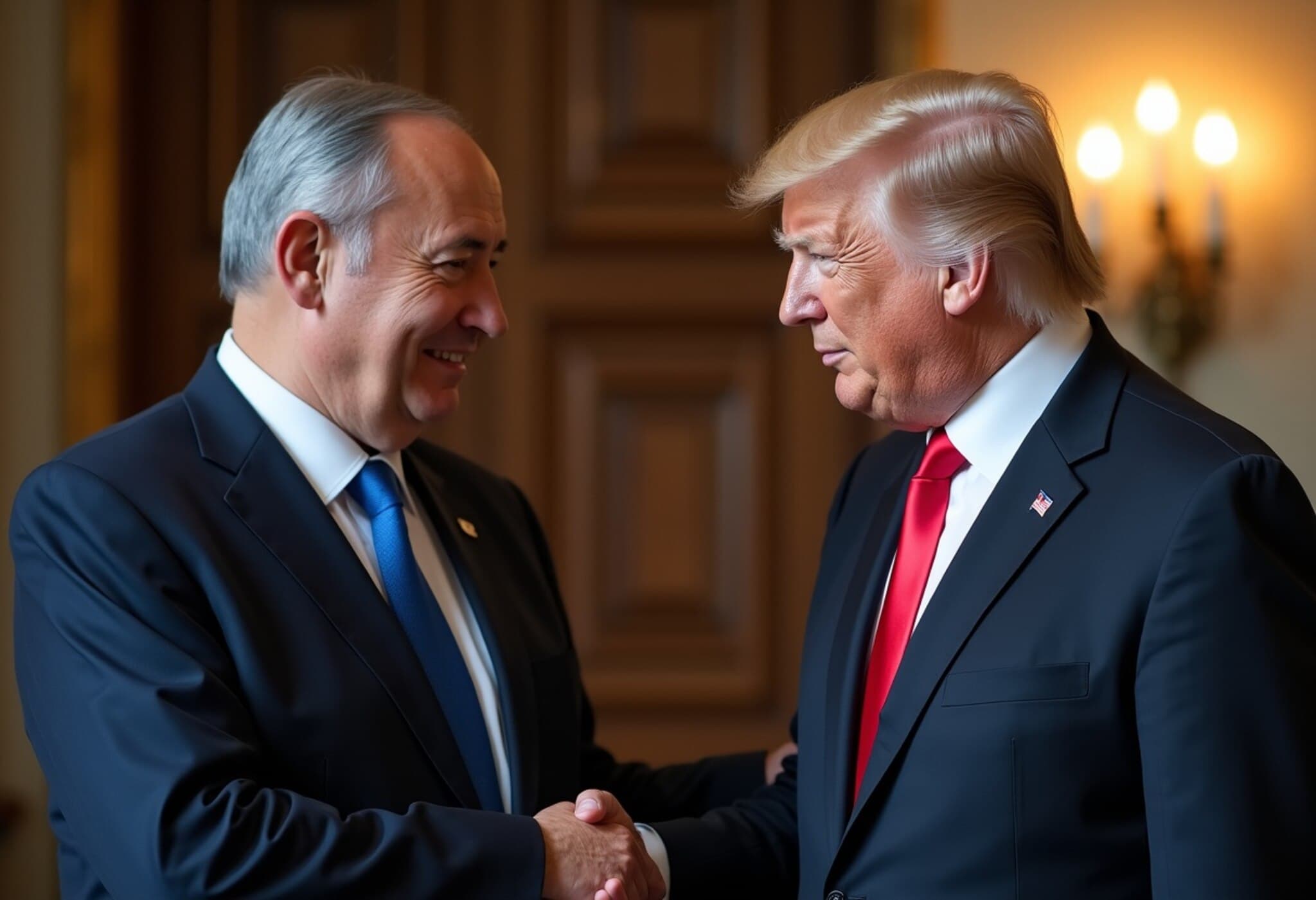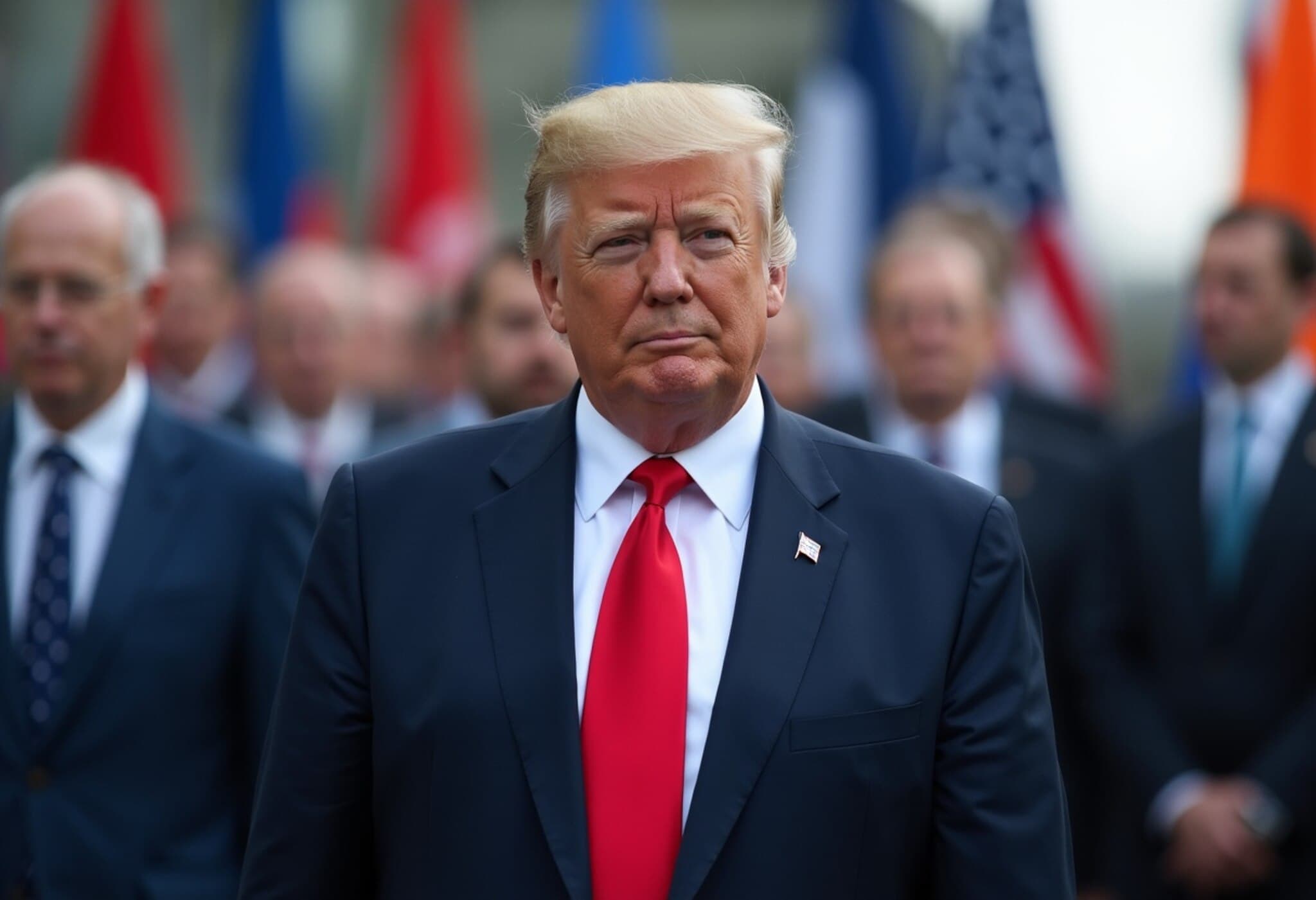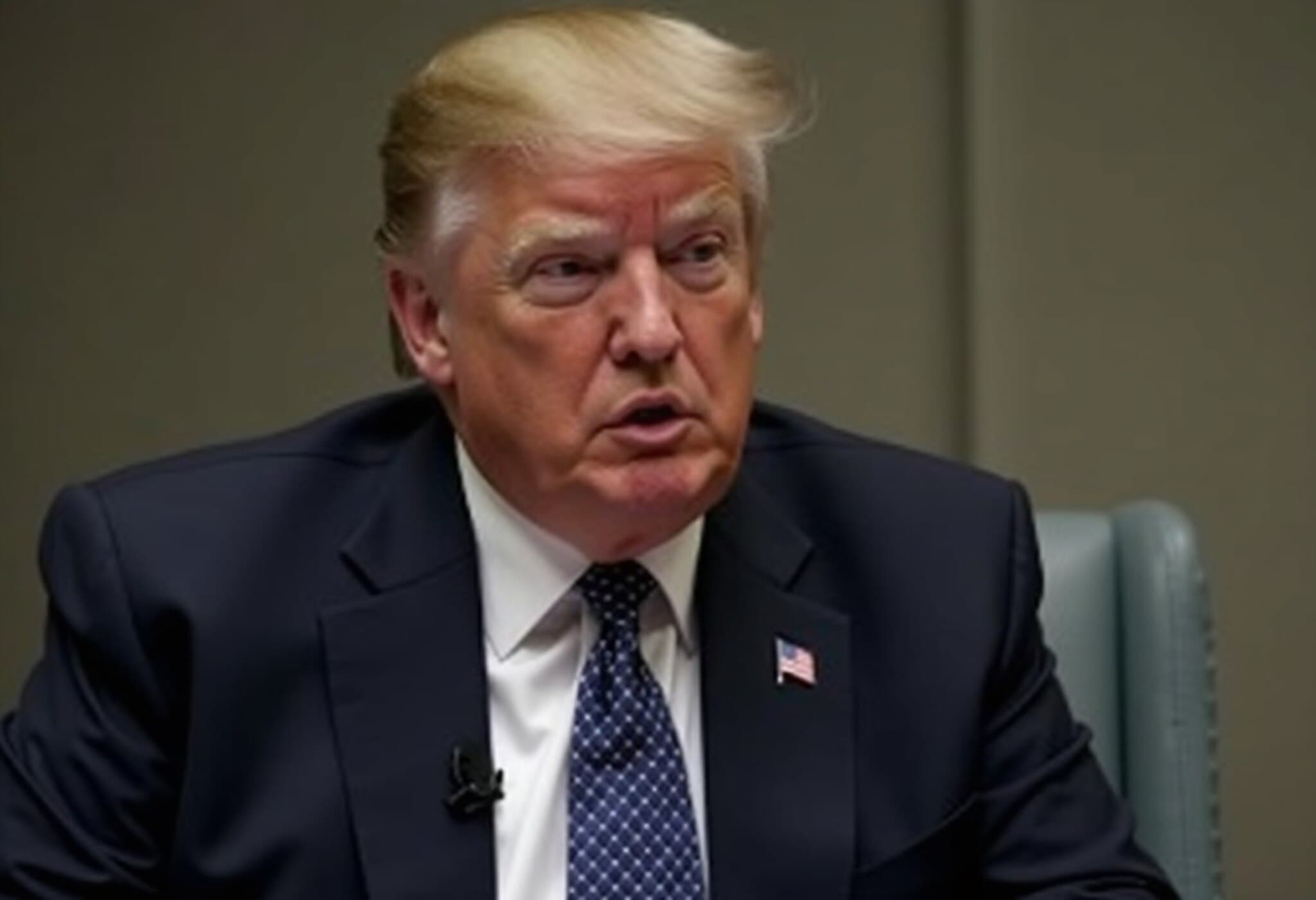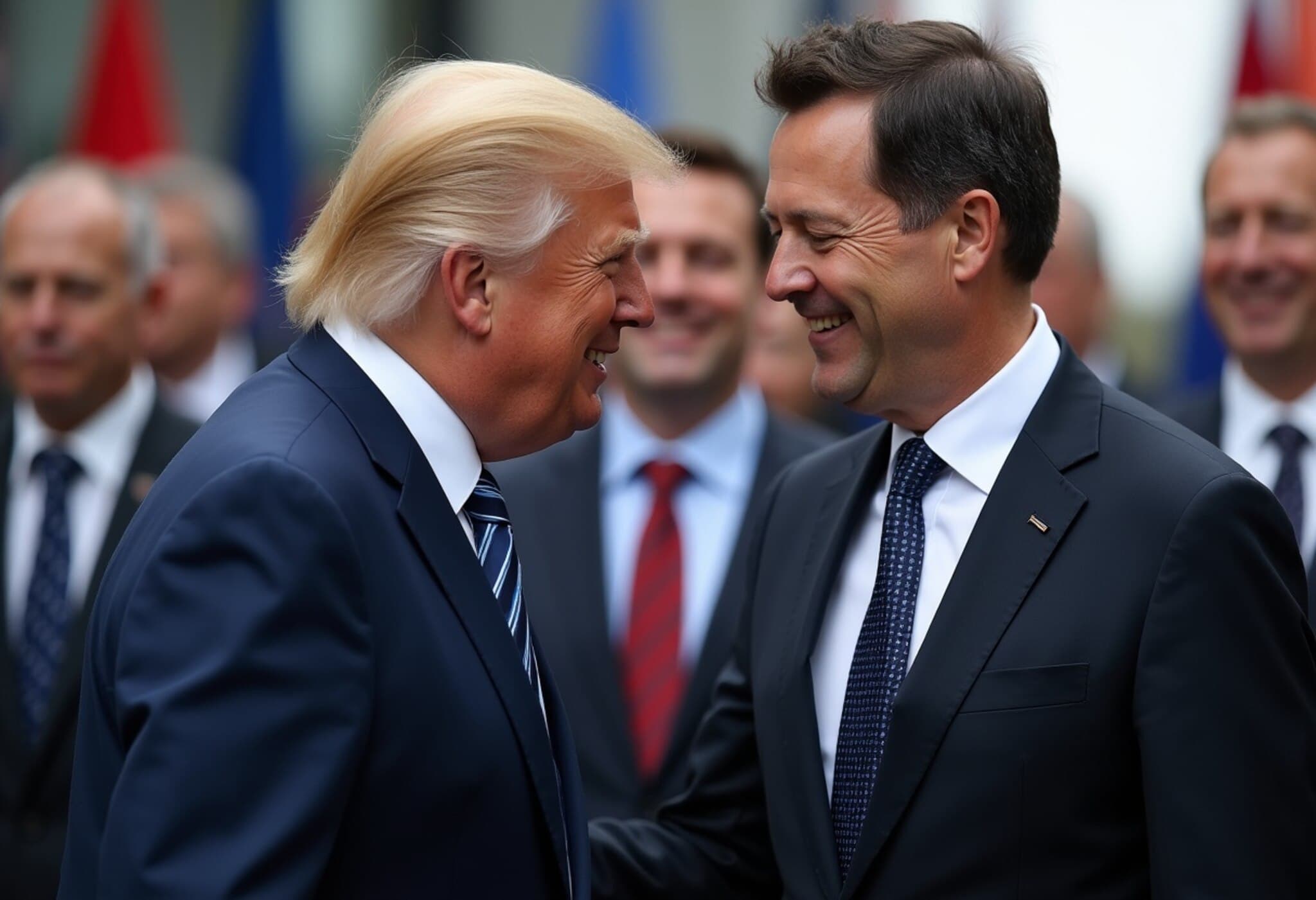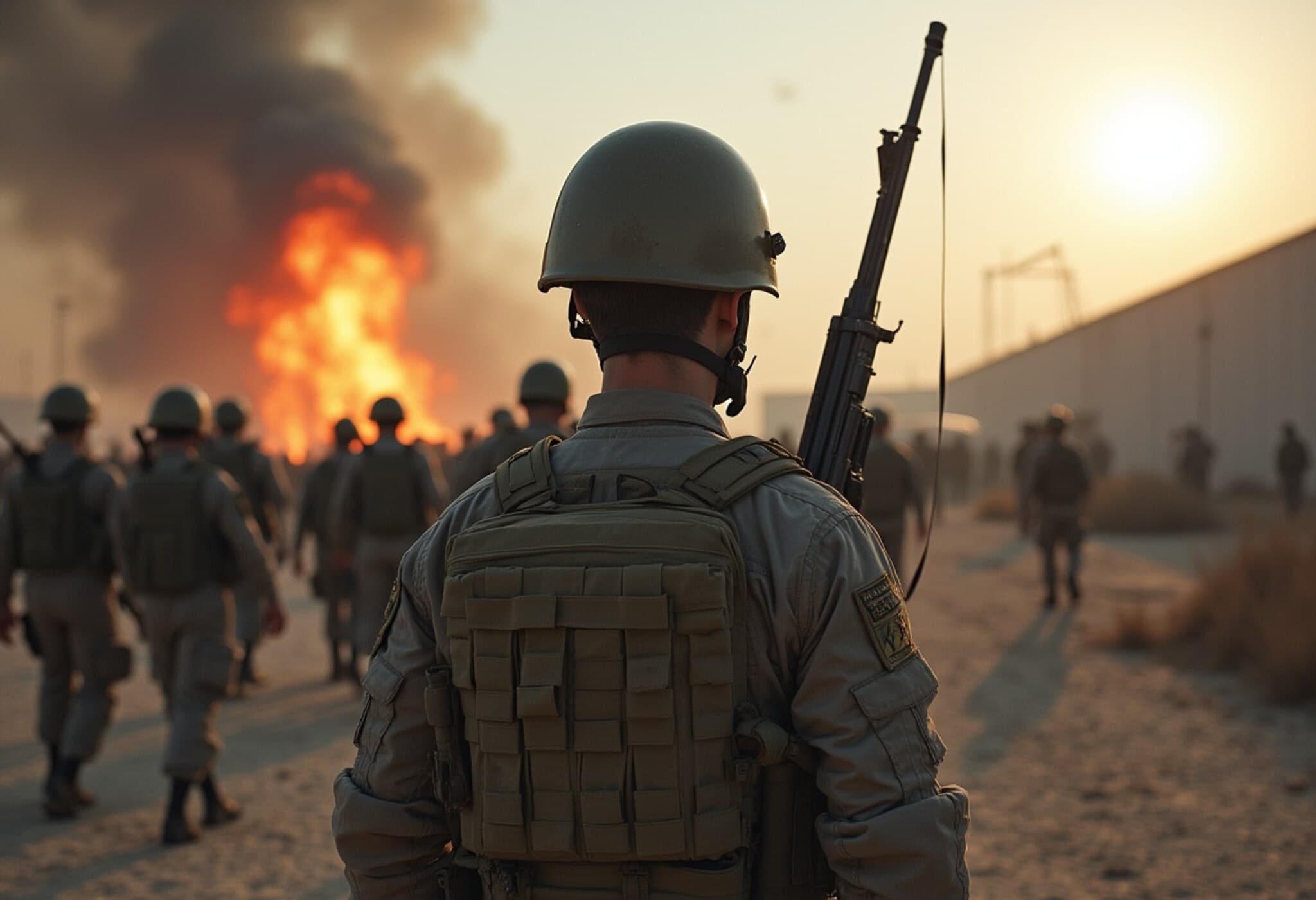Rubio Dubs NATO Summit the 'Trump Summit'
US Secretary of State Marco Rubio has characterized this year’s NATO meeting as the "Trump summit," emphasizing the pivotal role former President Donald Trump played in pressuring alliance members to increase their defense spending.
Trump's Influence on NATO's Defense Commitments
In an exclusive interview, Rubio explained that President Trump's push during his first term reignited NATO's focus on defense budgets. Combined with Russia’s aggressive military actions in Europe, notably the invasion orchestrated by Vladimir Putin, almost every NATO member has now committed to reaching a defense spending threshold of 5 percent of their GDP.
Rubio highlighted, "The combination of pressure from President Trump in his first administration, and then a full invasion and war in Europe by Vladimir Putin has led now to virtually every country in the NATO alliance pledging to get to that 5 percent mark, with the exception, unfortunately, of Spain."
Controversy Surrounding Spain's Exemption
Spain's Prime Minister Pedro Sánchez secured a last-minute exemption from this spending pledge, a move that drew criticism among NATO allies. Rubio described Spain's stance as problematic, warning that it could strain relations within the alliance and encourage others to seek similar leniency.
"It’s a big problem," Rubio remarked. "I don’t think that the agreement that Spain has reached is sustainable, and frankly it puts them in a very tough spot with regards to their other allies and partners."
Discussions to address Spain’s defense budget exemption are expected at the upcoming leaders' meeting. Rubio suggested that Spain's position might undermine the collective commitment, giving other countries a rationale to reduce their contributions.
Looking Ahead: A Stronger, More Capable NATO
Despite these challenges, Rubio remains optimistic about the alliance’s future. He believes that if all members fulfill their commitments, NATO will emerge stronger and better equipped.
"If everybody lives up to their commitment, it’s going to be a much stronger alliance with more capable partners," he said, adding that this will allow the United States to maintain its leadership role while reallocating resources globally.
"This approach ensures the US remains a vibrant, strong leader in NATO without compromising the alliance’s overall strength," Rubio noted.

